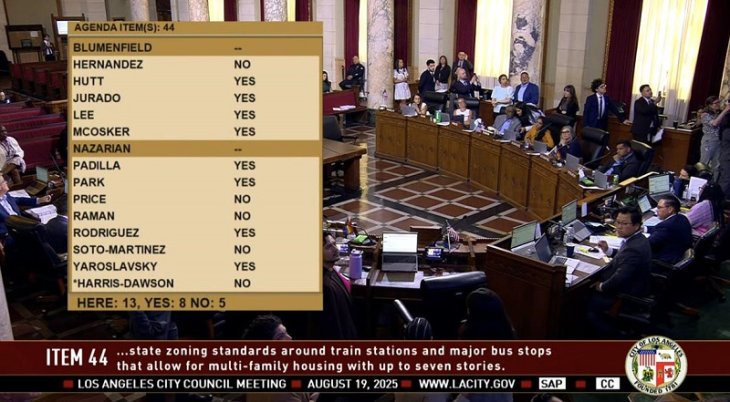
A teacher at Fairfax Senior High School in Los Angeles has been selected as the 2014 Scouten Endowed Intern in English Literacy at Rochester Institute of Technology’s National Technical Institute for the Deaf.
Jennifer Herges teaches English to deaf and hard-of-hearing students using a variety of instruction, motivation and implementation strategies to develop literacy skills of her students.
She has adapted the Fairfax curriculum to incorporate visual learning strategies that provide students with tools to construct mental and linguistic frameworks for increasing their fluency in both English and ASL. In addition to teaching, Herges chairs the Special Education Department and is a sponsor of the ASL Club at Fairfax Senior High School.
While at NTID, Herges focused on the instruction offered in NTID’s developmental English courses and the tutoring offered in the NTID Learning Center, and was eager to learn what was expected in the English courses required for associate degrees. She also wanted to learn more about NTID’s research in language learning that she might apply in her teaching efforts.
“The faculty whom she met and observed were impressed with her skills and dedication, and we were pleased that Jennifer proved to be an excellent choice for our 2014 Scouten Intern,” said Kathleen Eilers-Crandall, associate professor in NTID’s Department of Liberal Studies.
Herges earned a bachelor’s degree in psychology from the University of California in Santa Barbara and her master’s degree in deaf education from the California State University in Fresno.
Herges, who received a stipend while working at NTID, is the seventh NTID Scouten Intern. The internship was established in 2004 to honor the memory of professor emeritus Edward L. Scouten, who was a faculty member in NTID’s English department from 1970 until his retirement in 1985.
“We are very thankful to Eleanor Scouten for creating this internship for outstanding young teachers of deaf students,” Eilers-crandall says.
One of nine colleges of RIT, NTID was established by Congress in 1965 to provide college opportunities for deaf and hard-of-hearing individuals who were underemployed in technical fields. Today, 1,432 students attend NTID; more than 1,250 are deaf or hard of hearing; others are hearing students enrolled in interpreting or deaf education programs. NTID’s Center on Employment assists NTID students with finding co-op and permanent jobs. More than 100 interpreters, tutors and note-takers support students in and out of the classroom. Visit: www.rit.edu/NTID.





















